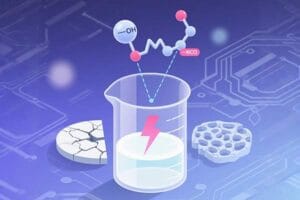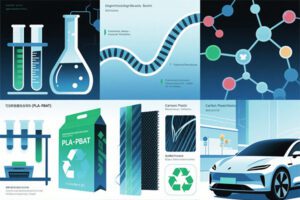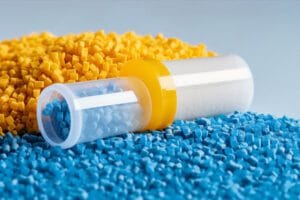Introduction
In the world of chemistry and materials science, a variety of compounds play essential roles in preserving the integrity and stability of substances. Among these compounds, antioxidants and anti-hydrolysis agents stand out as crucial elements. While they serve distinct purposes, there are situations where their functions intersect. This article delves into the disparities and connections between antioxidants and anti-hydrolysis agents.
-1-1.jpg)
Antioxidants
Definition: Antioxidants are chemical compounds that inhibit or slow down the process of oxidation in substances. Oxidation is a chemical reaction that involves the loss of electrons and can lead to the breakdown or degradation of materials. Common antioxidants include vitamin C, vitamin E, and various synthetic compounds such as butylated hydroxyanisole (BHA) and butylated hydroxytoluene (BHT).
Function:
- Preservation: Antioxidants are frequently used in the food industry to extend the shelf life of products by preventing the oxidation of fats and oils.
- Health Benefits: In the human body, antioxidants are crucial in neutralizing harmful free radicals, reducing the risk of chronic diseases, and promoting overall health.
Anti-hydrolysis Agents
Definition: Anti-hydrolysis agents, on the other hand, are compounds designed to resist hydrolysis, which is the chemical reaction where a substance breaks down upon exposure to water. These agents are commonly used in industries where materials need to withstand moisture or water exposure, such as the plastics and coatings industries.
Function:
- Moisture Resistance: Anti-hydrolysis agents enhance the durability of materials by preventing them from degrading or disintegrating when exposed to water.
- Enhanced Longevity: These agents are often added to products like polymers and coatings to prolong their lifespan in humid or wet environments.
Differences Between Antioxidants and Antihydrolysis Agents
- Primary Function: Antioxidants primarily focus on preventing oxidation reactions, which involve the reaction with oxygen or other oxidizing agents. In contrast, anti-hydrolysis agents are concerned with resisting hydrolysis reactions, which occur when substances interact with water.
- Applications: Antioxidants are commonly used in food preservation and for health benefits in humans, whereas anti-hydrolysis agents find applications in industries where materials must endure exposure to moisture or water.
- Chemical Structure: Antioxidants come in various forms, including vitamins and synthetic compounds, with a wide range of chemical structures. Anti-hydrolysis agents, on the other hand, are typically specialized chemical compounds designed to resist hydrolysis.
Connections Between Antioxidants and Anti-hydrolysis Agents
While antioxidants and anti-hydrolysis agents serve distinct purposes, there are situations where their functions intersect. For example, in certain materials or products, both oxidation and hydrolysis reactions may occur simultaneously. In such cases, compounds may exhibit both antioxidant and anti-hydrolysis properties, offering dual protection against degradation by oxygen and water.
Conclusion
In summary, antioxidants and anti-hydrolysis agents are essential chemical compounds with distinct functions and applications. Antioxidants combat oxidation reactions and are commonly associated with health benefits and food preservation. Anti-hydrolysis agents, on the other hand, resist hydrolysis and are often used to enhance the durability of materials in moist environments. While their primary functions differ, there can be instances where these compounds share overlapping roles, especially in situations where both oxidation and hydrolysis threats exist. Understanding these differences and connections is crucial for various industries and scientific fields where these compounds play pivotal roles in preserving the integrity of substances.






